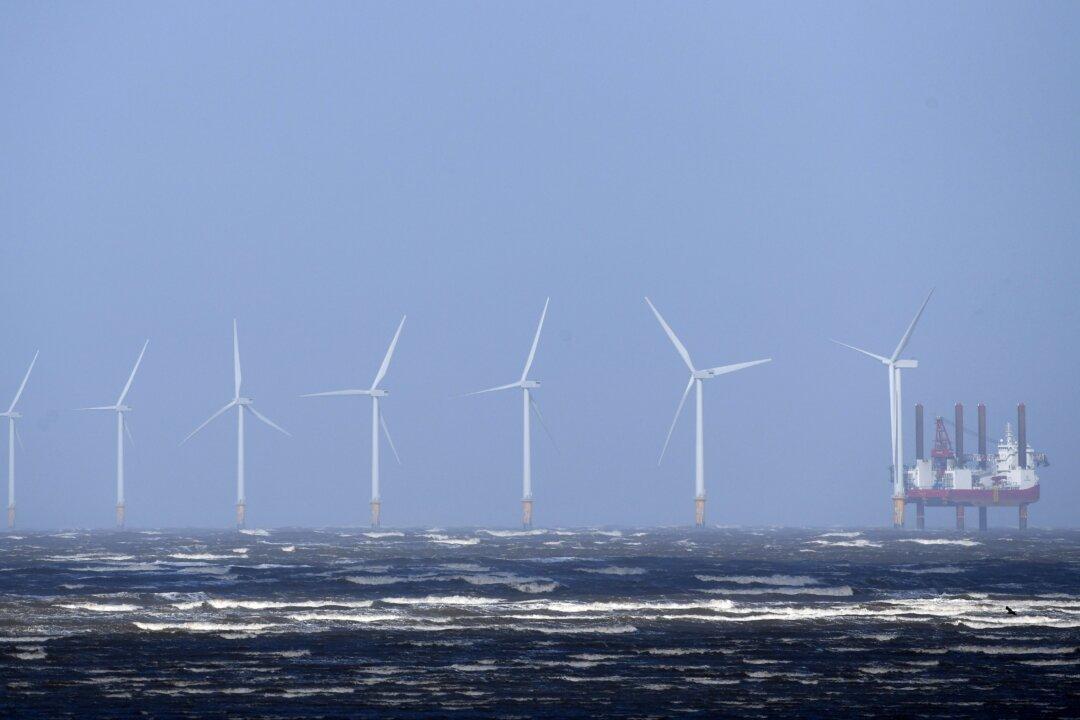A new power line that will connect offshore wind farms between the UK and the Netherlands will deliver enough electricity to “power more homes than Manchester and Birmingham combined,” according to the UK government.
On Monday, the government said LionLink will be the “world’s largest multi-use electricity power line” and claimed it will boost UK energy supplies with “enough to power 1.8 million homes.”





